An overview of selected new books in Szilárd Library, with a word from their authors, reviewers and publishers
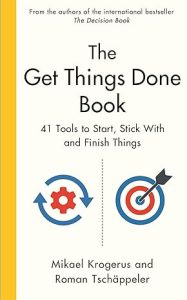
By Mikael Krogerus and Roman Tschäppeler
Together with “The change book” and “The decision book”, stylish and compact, these little handbooks are a powerful asset. Whether you need to pull off a new project, assess what you’ve achieved so far, or even just understand your own working habits, these unique books have all the tools you need.
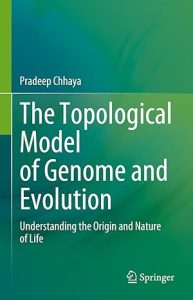
By Pradeep Chhaya
Using a topological model, this book outlines a new genomic architecture. The key argument for this proposed model is that some such structuralism has always been implicit in genomics. Towards the end, the book also examines the role of genomic evolution in cancer and the principles of natural selection and evolution of the genotype.

By Michael A. Day
Incorporating elements of history, science, and philosophy, this book explores the life and thought of Robert Oppenheimer. In order to deepen and broaden this discussion and demonstrate the relevance of Oppenheimer’s vision for today, his views are also analyzed using contemporary international relations theory with special emphasis on nuclear nonproliferation and disarmament.
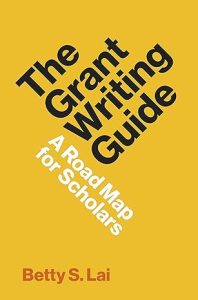
By Betty S. Lai
This book walks academic readers through steps to generate ideas, determine which grants help create in career advancement, find the right funder, and write in a way that excites reviewers and funders. Organized into 14 brief chapters, every chapter is designed to build grant-writing skills.

Edited by Nir Qvit and Samuel J.S. Rubin
Here, researchers, clinicians and students will find tools to harness the full power of peptides and peptidomimetics and improve bioavailability, stability, efficiency and selectivity of new therapeutics and their application in treatment plans.
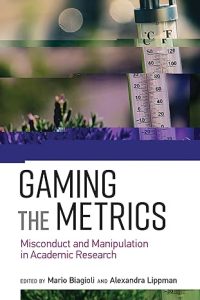
Edited by Mario Biagioli and Alexandra Lippman
The chapters, written by both scholars and those in the trenches of academic publication, provide a map of academic fraud and misconduct today. They consider such topics as the shortcomings of metrics, the gaming of impact factors, the emergence of so-called predatory journals, the “salami slicing” of scientific findings, the rigging of global university rankings, and the creation of new watchdogs and forensic practices.
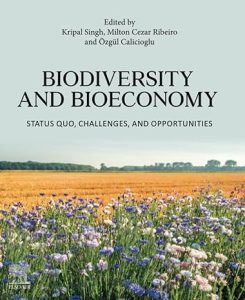
Edited by Kripal Singh et al.
This book comprehensively delivers the latest developments in theories of biodiversity and ecosystem functioning and their major implications for biodiversity conservation through diversifying agriculture, forestry, and biomass production systems and linking these developments with sustainability of bioeconomy.

By Didier Fassin
Public health erupted into the world’s consciousness in early 2020 with the Covid pandemic and its multiple social and economic consequences. Through the case studies, Didier Fassin argues that, ultimately, public health is a politics of life, revealing the different and unequal ways in which life is valued – and either protected or not – in contemporary societies.
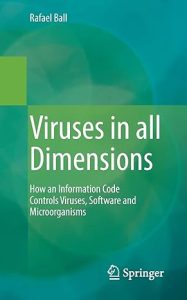
By Rafael Ball
Microorganisms, viruses, and computer programs encode all the information necessary to reproduce and spread themselves. Yet these mechanisms are amazingly similar in the animate world, in the world of viruses, and even in the world of technical systems. The book shows how great the parallels are between these various animate and inanimate replicating systems and what they are based on.

By William C. Summers
Based on substantial archival research, numerous participant interviews collected over the past thirty years, and an intimate knowledge of the relevant scientific literature in the field, William C. Summers has written a fascinating new history of the American Phage Group. Rather than a linear narrative of progress by past heroes, this book emphasizes the diversity and historical contingencies in the group’s development.
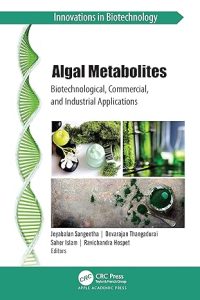
Edited by Jeyabalan Sangeetha et al.
This volume emphasizes the importance of various algal metabolites, assessing their significance as antibiotic, antiviral, anti-inflammatory, and anticancer agents. Algal metabolites isolated from micro and macro and fresh and marine water algae also have applications as fertilizers, biofuels, bioplastics, pollution prevention.
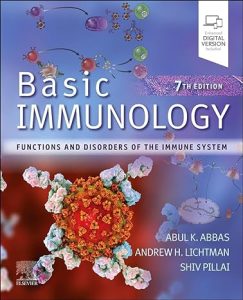
By Abul K. Abbas et al.
Meticulously reviewed and updated for today’s students, Basic Immunology, 7th Edition, is a concise text expertly written by the same distinguished author team. This new edition uses full-color illustrations and clinical images, useful tables, and practical features such as Summary Point boxes, end-of-chapter review questions, glossary terms, and clinical cases―all designed to help you master this complex topic in the most efficient, effective manner possible.











